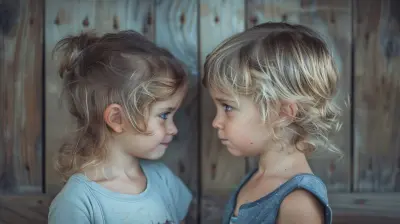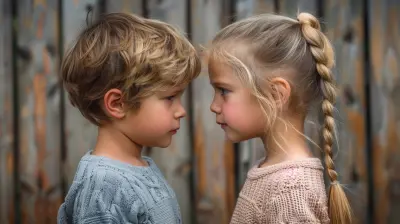The Mistake of Thinking Discipline Means Punishment
17 September 2025
Let’s be real for a minute—how many times have you heard someone use "discipline" and "punishment" as if they mean the same thing?
You're not alone.
It's a common mix-up, and honestly, it’s one of the biggest parenting misconceptions out there. Most of us grew up being told we were “being disciplined” when what really happened was we got grounded, yelled at, or lost our favorite toy for a week. So now, when we become parents ourselves, that association sticks.
But here’s the eye-opener: discipline is not about punishment. At its core, discipline means teaching. That’s it.
Crazy, right?
But once you really lean into that idea, it flips your whole approach to parenting on its head—in the best way possible.

What Does Discipline Actually Mean?
The word “discipline” comes from the Latin word disciplina, which literally means "instruction" or "knowledge." It’s related to the word “disciple,” as in a learner or follower.So, think about that for a second. If discipline is about teaching, then punishing a child for messing up is like yelling at someone for not knowing algebra before they’ve ever taken math class.
Sounds kind of silly when you put it like that, doesn’t it?
Discipline isn’t about hurting, humiliating, or scaring a child into behaving. It's about guiding them, mentoring them, helping them understand right from wrong, and giving them the tools to make better choices next time.
That’s a total 180 from punishment.
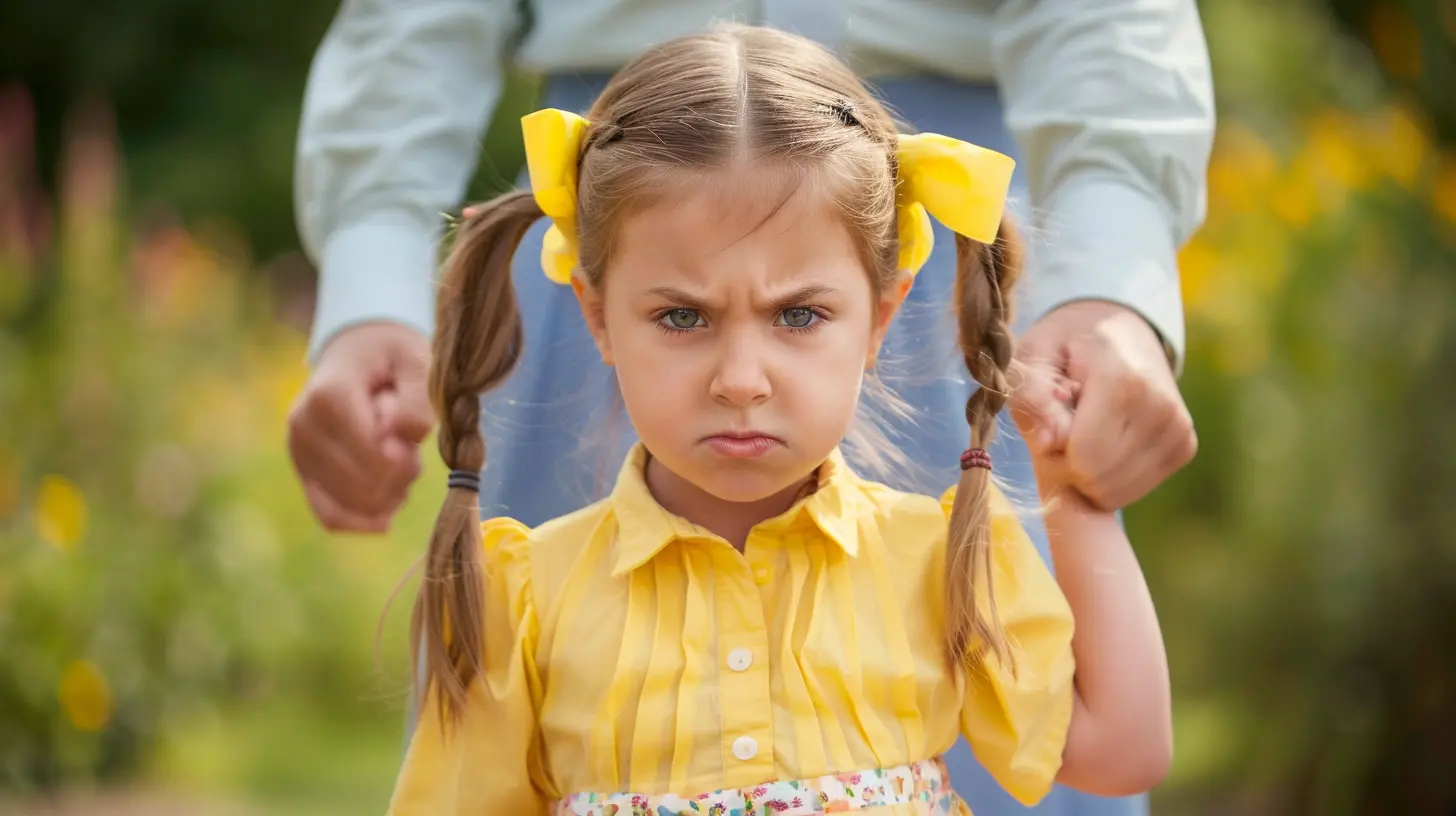
The Problem With Punishment
Let’s break this down. Punishment might feel like it “works” in the short term. Your kid spills juice and you yell, so they stop. Or they hit their sibling and you send them to their room, and they stop—at least for now.But here’s the thing—when you lead with punishment, kids don’t always learn what they did wrong. They just learn that you're mad.
You ever see a child who’s not sorry for what they did but is definitely sorry they got caught?
Yeah, that’s the punishment trap.
Why Punishment Backfires
- It creates fear, not understanding: Kids might behave to avoid getting in trouble, but they’re not learning how to manage their impulses or emotions.- It damages connection: Kids need to feel safe with us in order to learn from us. If they’re scared of us, they shut down.
- It encourages sneaky behavior: If the goal becomes “don’t get caught,” they’ll get better at hiding things—not doing better things.
- It often leads to resentment: Instead of learning accountability, kids may feel angry, misunderstood, or rebellious.
And honestly, how many of us grew up with memories of punishment that still sting a little?
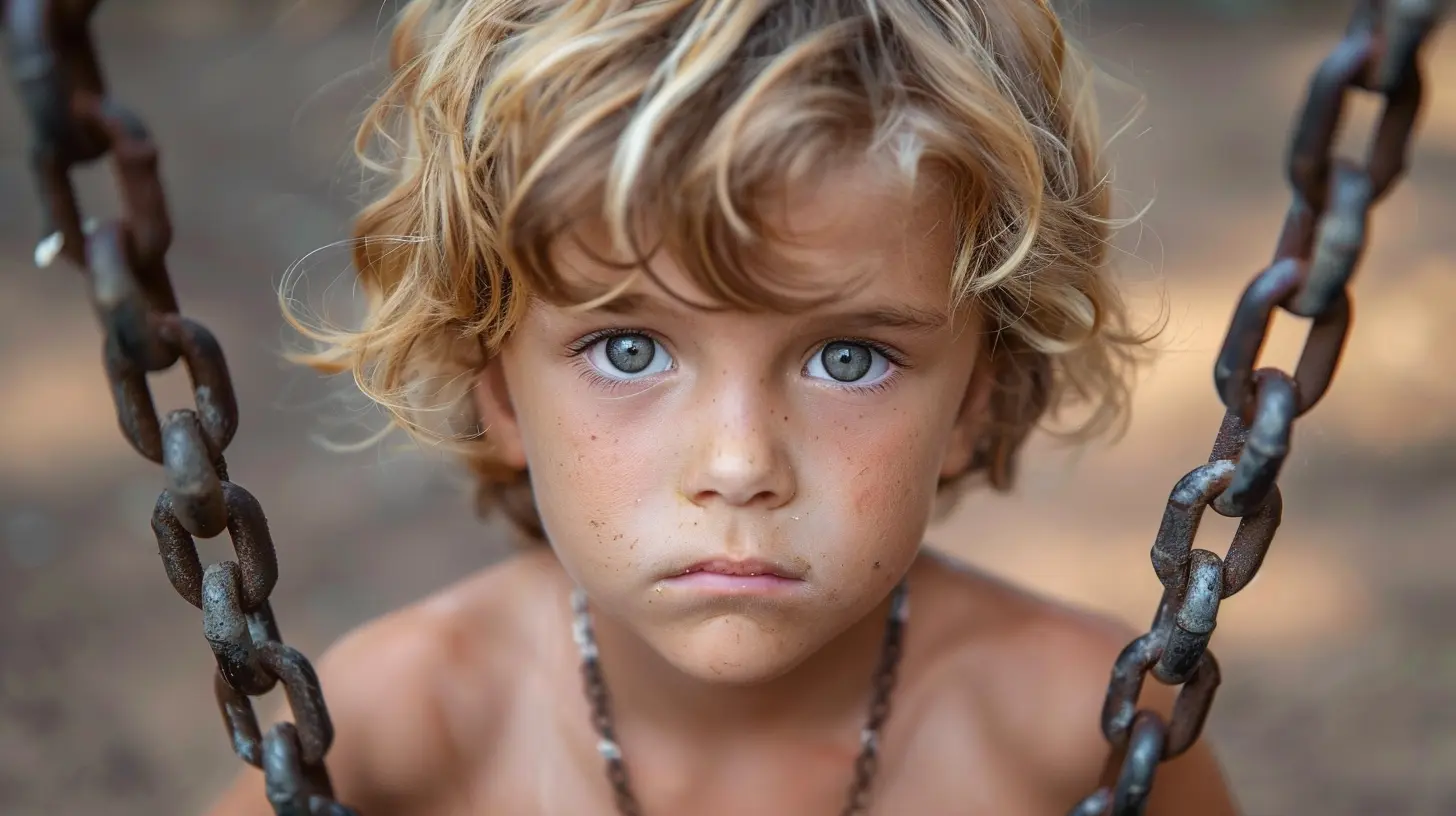
Discipline Is About Connection, Not Control
Ah, this is the juicy part.True discipline starts with connection. When your kid feels seen, heard, and understood, they’re way more open to learning from you.
Let’s say your toddler has a meltdown in the grocery store. You could yell, drag them out, and say “No snack when we get home because of that behavior!”
Or…
You could kneel down, take a deep breath (maybe two), and calmly say, “You’re upset. It’s hard when we can’t get what we want. I’m here. Let’s talk about it when we get home.”
Which one sounds like it requires superhuman patience? Definitely the latter.
But which one teaches emotional regulation, empathy, and communication?
Bingo.
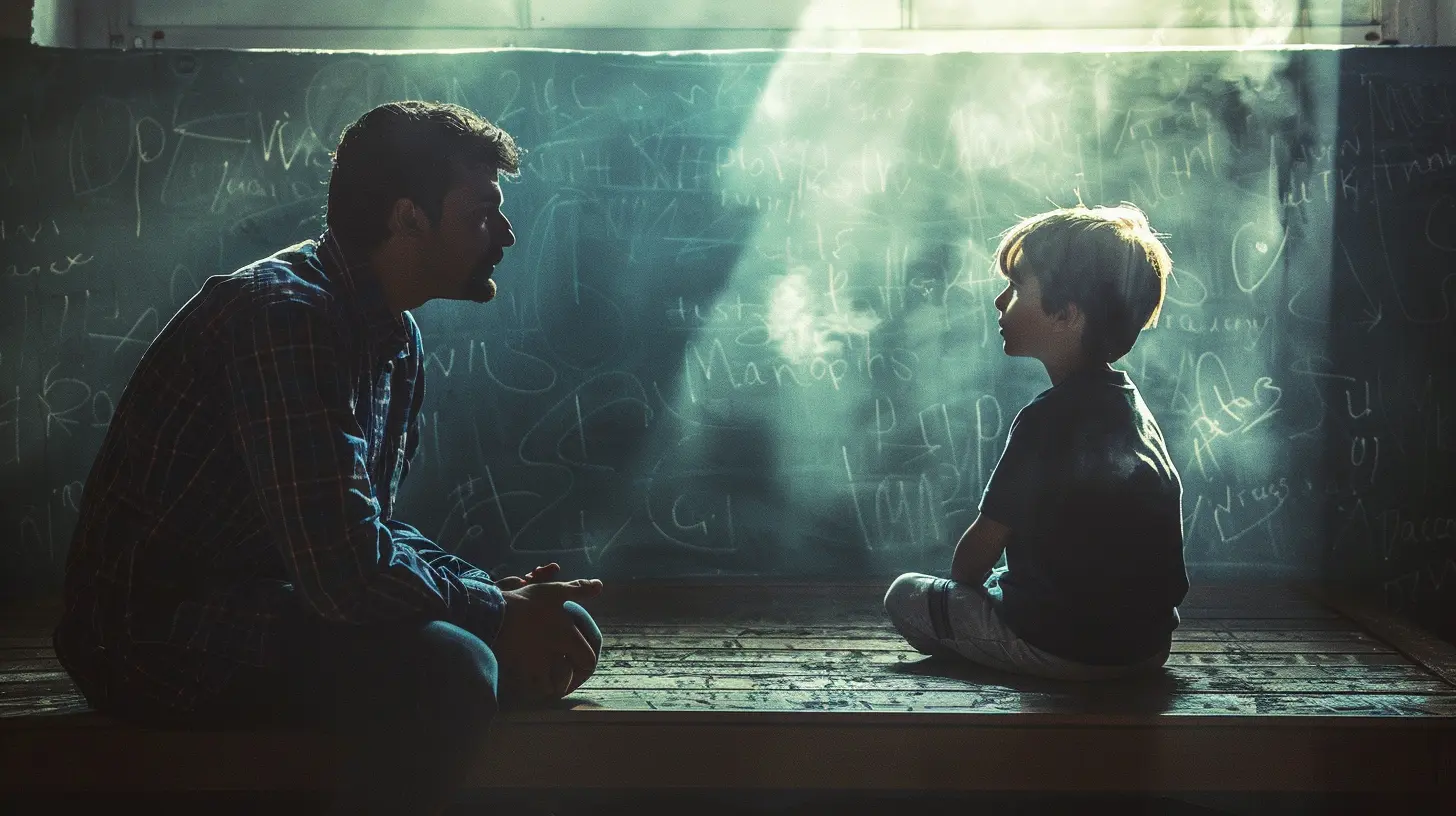
Setting Boundaries Without Punishing
Okay, so just to clear things up—discipline doesn’t mean being a pushover.Let’s not confuse gentle parenting with permissive parenting. Boundaries are still important. Kids need structure just like they need oxygen and snacks.
But the difference lies in how we enforce those boundaries.
Here’s what that might look like:
- Instead of: “You’re grounded for yelling at your sister!”Try: “I hear you’re upset. We don’t talk to each other like that. Let’s take a break and find another way to share how we feel.”
- Instead of: “No screen time because you didn't finish your homework.”
Try: “Homework comes before screens. Let’s figure out a plan together, and then you can have time on your tablet.”
You’re still holding the line, but you’re doing it in a way that invites collaboration, not conflict.
Natural Consequences vs. Punishment
One parenting superpower? Using natural consequences.If your child refuses to wear a jacket, let them feel chilly (as long as it’s safe, of course). That’s a much more effective (and memorable) lesson than yelling, “Put that jacket on or you're grounded!”
It’s like life becomes the teacher, and we just step back and support the learning.
Teaching Self-Regulation, Not Obedience
Here’s a big one—do we want our kids to always obey, or do we want them to think for themselves?If we raise kids who blindly obey out of fear, what happens when they’re teenagers and friends pressure them into dangerous choices? Or when they’re adults in situations where they need to stand up to authority?
Discipline, when done right, teaches kids to understand the “why” behind the “what.” It helps them know their values, make sound decisions, and manage their emotions.
It’s not about molding people into little robots; it’s about raising emotionally intelligent humans.
The Role of Emotional Intelligence in Discipline
You know what makes discipline work? Emotional intelligence. Yours and theirs.When we model calm, thoughtful reactions, kids learn to do the same. When we talk about feelings, listen actively, and validate their experiences, they grow more self-aware.
And let’s be real—it’s tough, especially when you're running on no sleep and a cold cup of coffee.
But you’re not aiming for perfect parenting. You’re after intentional parenting. Progress, not perfection.
Emotional Coaching 101:
- Label emotions: “It seems like you're feeling really frustrated right now.”- Validate: “It makes sense that you’d feel that way.”
- Guide: “Let’s talk about how we can handle this differently next time.”
This approach builds trust. And trust is the cornerstone of effective discipline.
Shifting Your Mindset About Misbehavior
Here’s something to chew on: misbehavior is usually a form of communication.When kids act out, they’re really saying, “I’m overwhelmed,” or “I don’t know how to deal with this feeling,” or even just, “I need your attention.”
Respond to the root, not just the behavior.
It’s like seeing the tip of an iceberg and assuming that's all there is. The real stuff is underneath.
Take a deep breath. Ask yourself: What are they trying to tell me right now?
When you start looking at behavior through the lens of curiosity instead of punishment, everything changes.
Real-Life Examples of Discipline Without Punishment
Let’s bring this down to earth. What does discipline without punishment look like in real life?Scenario 1: The Toy Tug-of-War
Two kids are fighting over one toy. You jump in—what do you do?- Punishment route: “That’s it! I’m taking the toy away. Neither of you get it.”
- Discipline route: “I see you both want the same toy. That’s hard, huh? Let’s figure out how to take turns so both of you get a chance.”
Teaches them conflict resolution, empathy, and patience.
Scenario 2: Homework Showdown
Your child refuses to do homework again.- Punishment route: “No TV tonight. Go to your room.”
- Discipline route: “Looks like homework feels frustrating today. Want to talk about what’s hard? Let’s make a plan together.”
Teaches accountability, problem-solving, and resilience.
The Long-Term Payoff
Choosing discipline over punishment is a long game. Some days, it feels like you’re having the same conversation 42 times. But those seeds you’re planting? They grow deep roots.You’re not just teaching behavior. You’re building character—kindness, honesty, empathy, perseverance.
And those kids? They grow up feeling seen, loved, and understood. That matters more than any temporary “good behavior.”
Final Thoughts: You’re Doing Better Than You Think
If discipline hasn’t exactly looked like this in your house, it’s okay. You’re learning, unlearning, and growing—and that makes all the difference.Let’s stop equating discipline with punishment and start seeing it for what it really is: a chance to teach and connect.
So next time your child melts down, messes up, or just plain drives you nuts (because that’s also their job), take a breath and ask: “What do they need to learn right now?”
Spoiler: They probably need the same thing we all do—understanding, guidance, and a whole lotta love.
all images in this post were generated using AI tools
Category:
Parenting MistakesAuthor:

Austin Wilcox
Discussion
rate this article
1 comments
Kaleb McCullough
Discipline should foster growth and understanding, not fear through punishment. It’s essential to distinguish between guiding behavior and inflicting consequences. Effective discipline emphasizes teaching and nurturing, empowering children to learn from their mistakes rather than simply facing retribution. This approach builds a respectful and trusting parent-child relationship for the long term.
October 3, 2025 at 2:28 AM

Austin Wilcox
Thank you for your insightful comment! I completely agree that effective discipline focuses on teaching and nurturing rather than punishment, fostering growth and trust in parent-child relationships.
